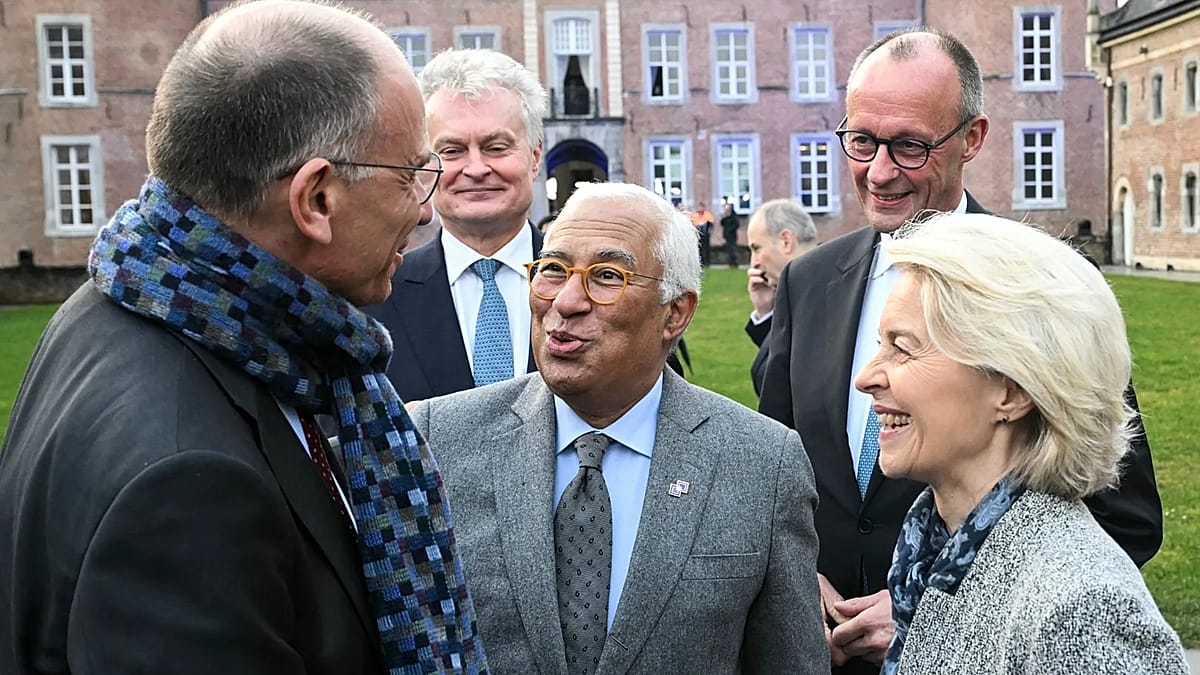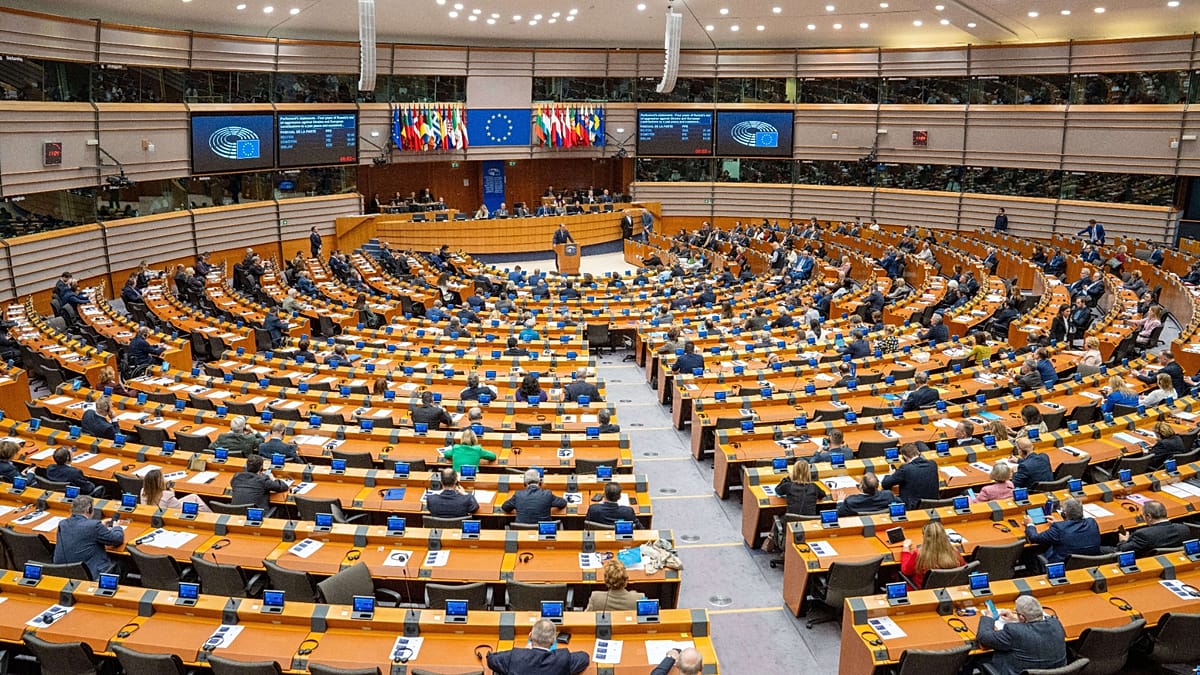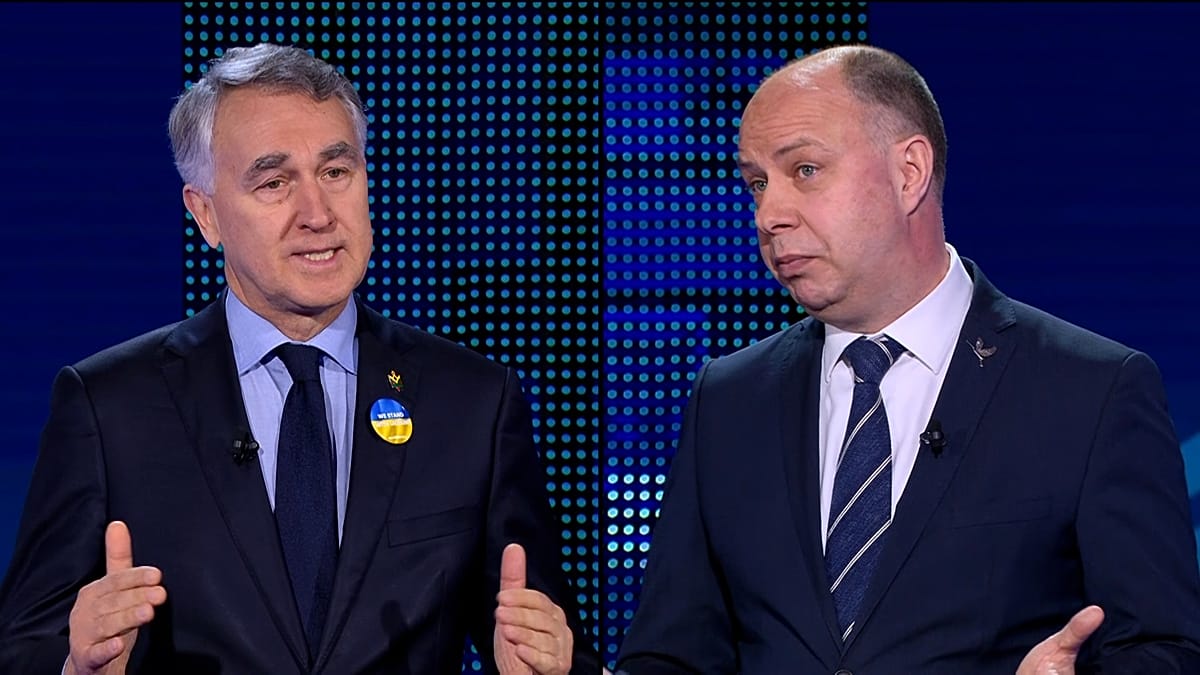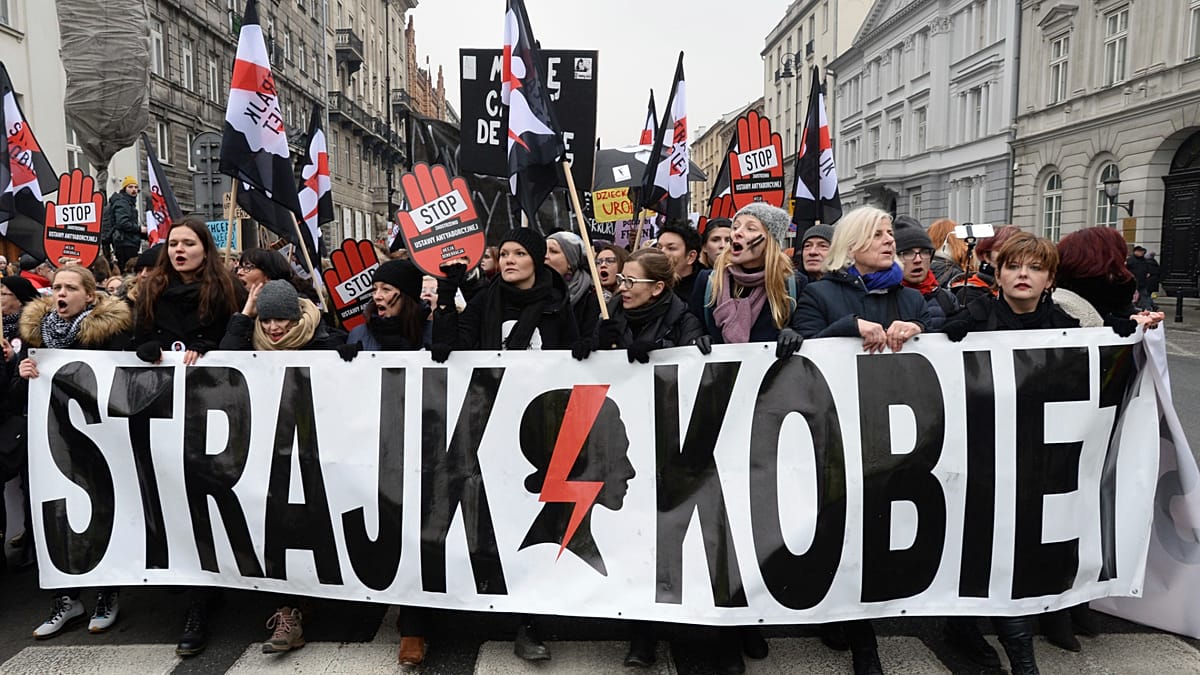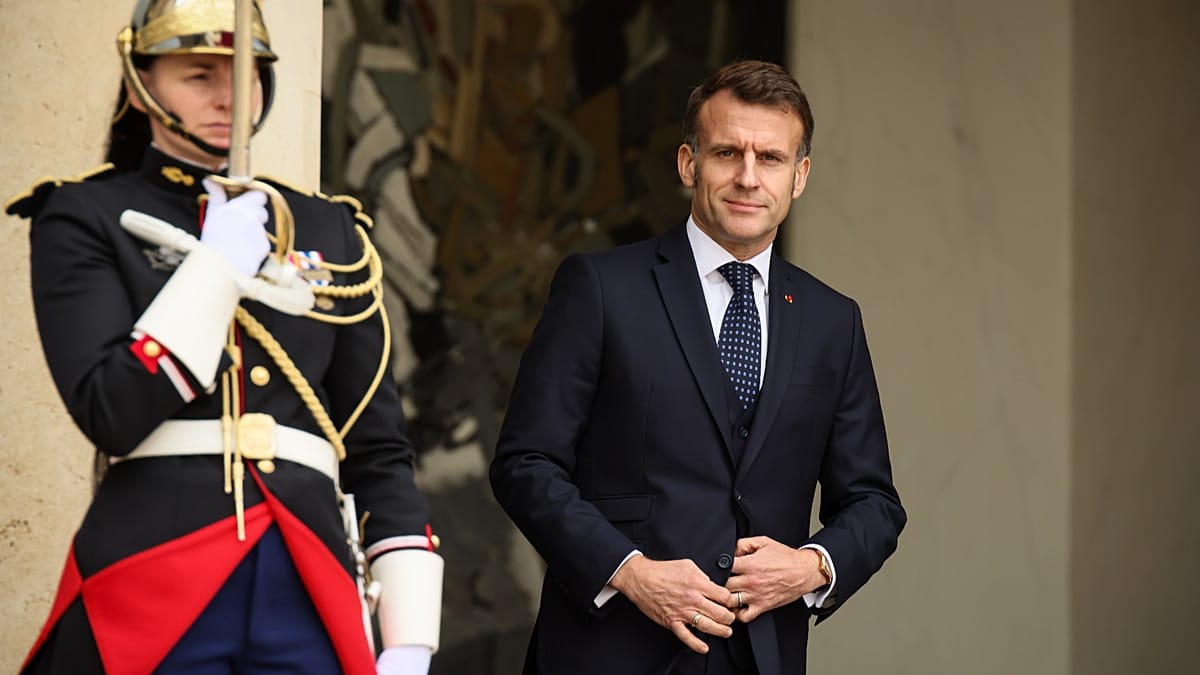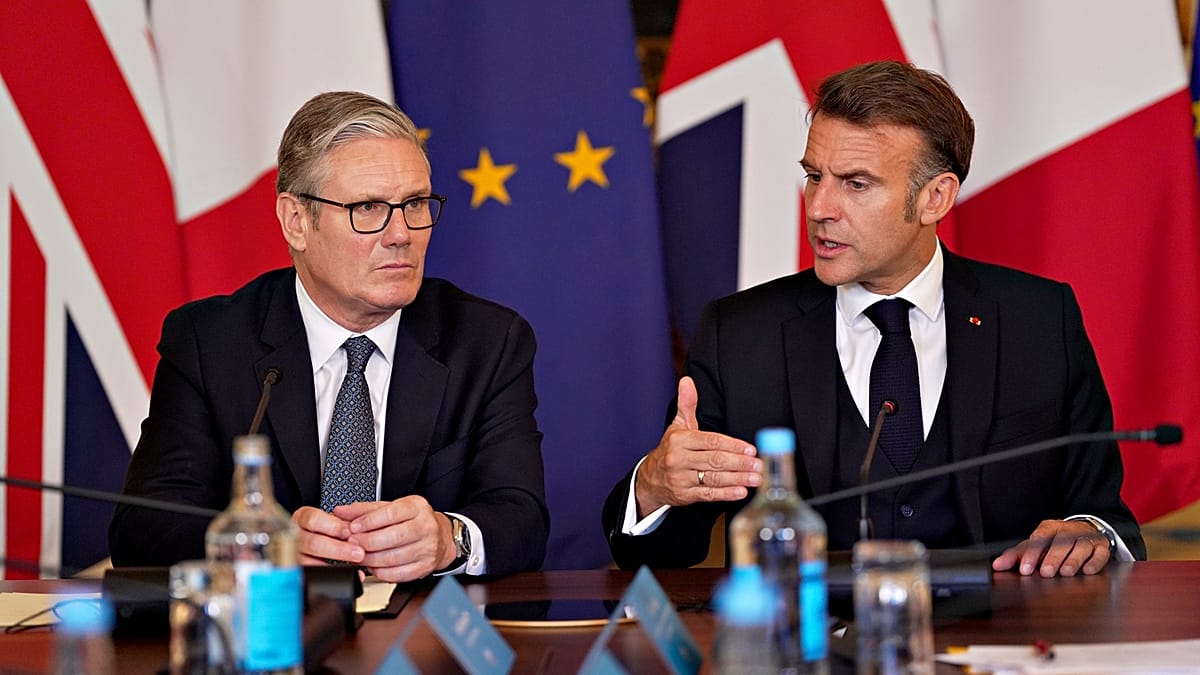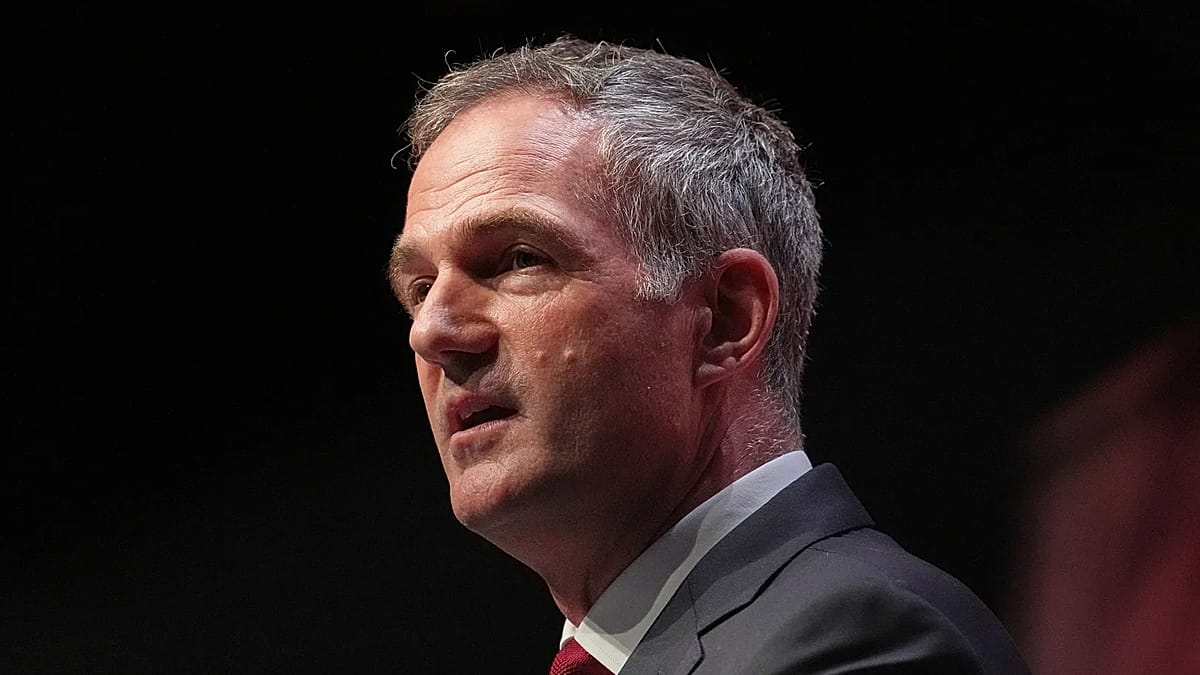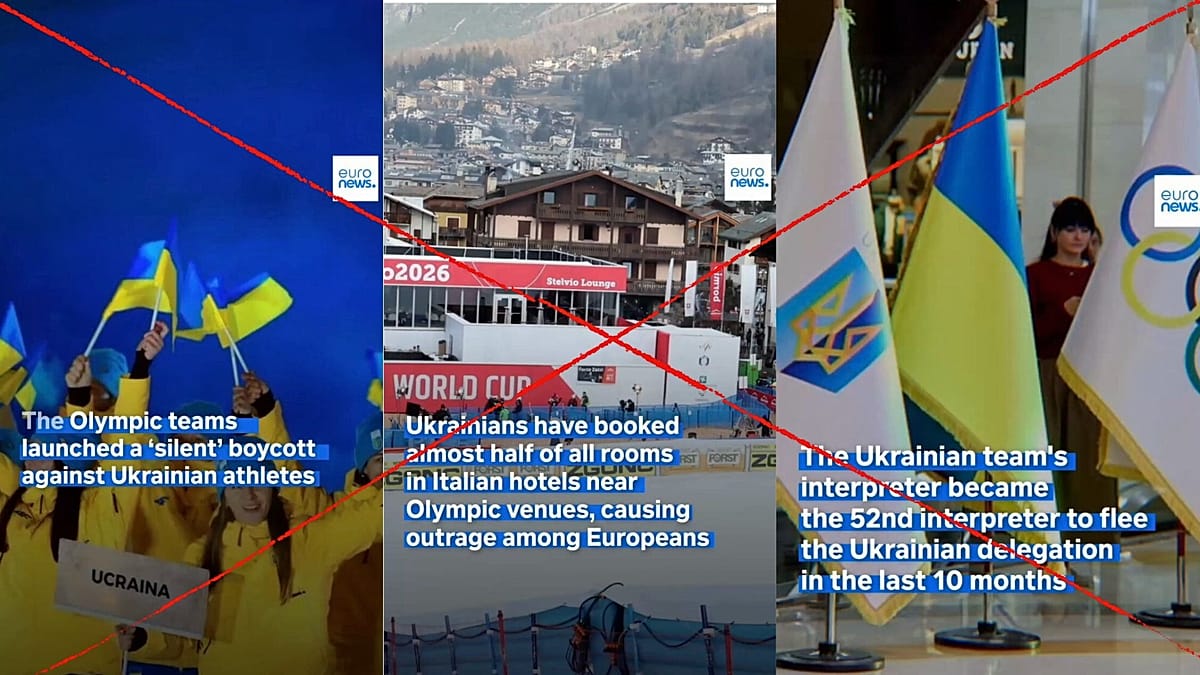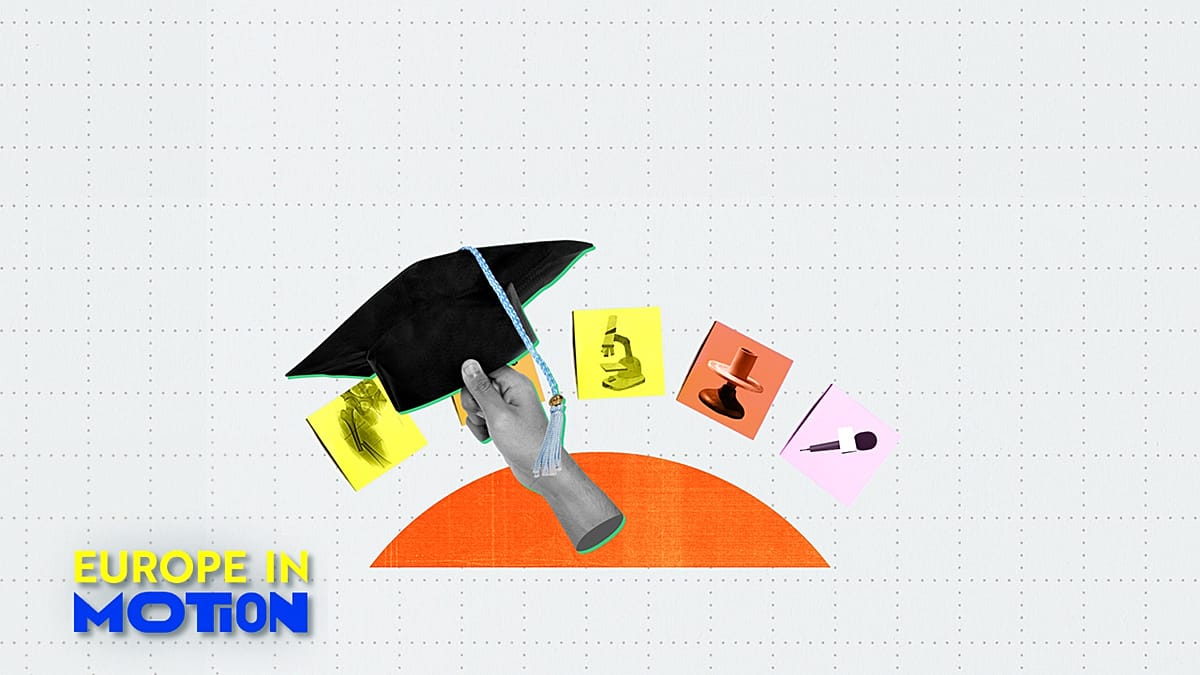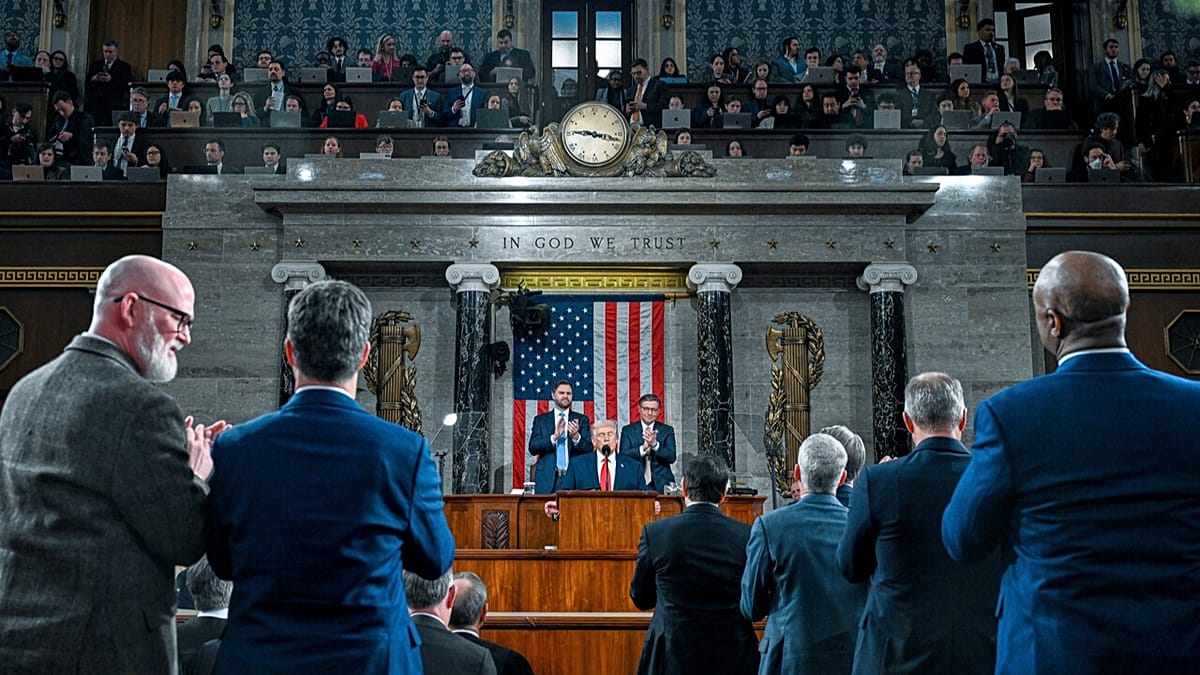France and the United Kingdom have urged the members of the “Coalition of the Willing” to provide Ukraine with robust security guarantees to safeguard a future peace deal, including by putting boots on the ground as part of a multinational force.
The “Coalition of the Willing,” which brings together most European countries, Turkey, Canada, Australia, New Zealand and Japan, met virtually on Tuesday to discuss the diplomatic push launched by the United States to strike a peace deal.
The original 28-point plan, secretly drafted by US and Russian officials, categorically ruled out any NATO presence on Ukrainian soil after the war.
But France and the UK remain steadfast in their intentions, arguing that their physical armed presence would help deter a new aggression.
“There’s finally a chance to make real progress toward a good peace. But the absolute condition for a good peace is a set of very robust security guarantees, and not paper guarantees,” French President Emmanuel Macron said in his introductory remarks.
“Ukraine has had its share of promises that were shattered by successive Russian aggressions. And real rock-solid guarantees are a necessity.”
Earlier on Tuesday, Macron explained the so-called “reassurance force” envisioned by the coalition would be deployed in strategic locations across Ukraine, such as Kyiv and Odessa, after the cessation of hostilities.
“French, British and Turkish soldiers will be present (there) when a peace is signed to conduct training and security operations,” the French president told RTL radio.
“We never planned to be on the front line.”
British Prime Minister Keir Starmer expressed a similar message, calling on the coalition to “firm up” their commitments towards the prospective force.
“We need to prepare the planning and financing to build Ukraine’s future force so it can defend itself. The multinational force we train will be a vital part of this. Our military planners who’ve worked really hard in recent months will continue to work on the readiness of that force,” Starmer said in his address.
“We must come back to this with a strong political guarantee to show Russia we’re serious about responding to any violation. And it’s only if Russia believes we’re seriously responding to a violation that this will underpin a lasting peace.”
France and the UK have this year led calls for putting boots on the ground in post-war Ukraine, a high-risk mission that has sharply split Western allies. Sweden, Denmark and Australia have voiced openness, while Poland, Greece and Italy have opposed.
At the end of the gathering, which saw 35 countries and US Secretary of State Marco Rubio join online, Macron announced a “working group” would be set up to finalise the security guarantees and the contributions of each participant.
The group will be led by France and the UK and include the US and Turkey.
In their remarks, both Macron and Starmer stressed the need to keep up pressure on Moscow through sanctions and use the immobilised assets of the Russian Central Bank to support Ukraine, an initiative without precedent.
Diplomatic rush
Tuesday’s meeting came hours after Ukraine announced its bilateral discussions with the Americans had yielded a “common understanding on the core terms of the agreement”.
The most sensitive issues are left open pending a face-to-face meeting between Presidents Volodymyr Zelenskyy and Donald Trump, still to be announced.
“Ukraine will never be an obstacle to peace – this is our principle, a shared principle, and millions of Ukrainians are counting on, and deserve, a dignified peace,” Zelenskyy said.
The frenzy of negotiations has significantly altered the content of the 28-point plan, which featured sweeping provisions that largely favoured Moscow’s interests and caused dismay across European capitals.
Among them, Point 8 said: “NATO agrees not to station troops in Ukraine,” directly contradicting the reassurance force envisioned by the “Coalition of the Willing”.
A US delegation met with Russian counterparts in Abu Dhabi to discuss the changes made after high-level talks with the Ukrainians in Geneva, Switzerland.
The Kremlin has signalled its preference for the original 28-point template.
Meanwhile, Europeans are closing ranks to demand “full involvement” in any aspect that falls under their jurisdiction, such as the economic sanctions and the immobilised assets of the Russian Central Bank, worth €210 billion on EU soil.
“We seek a ceasefire as soon as possible, a just and durable peace for Ukraine and security for Europe. Any plan affecting European interests and sovereignty requires Europe’s consent,” German Chancellor Friedrich Merz said on Tuesday.
Europeans are also concerned about a lack of solid and enforceable security guarantees that Russia could exploit to launch a new attack against Ukraine in the future. The EU is developing plans to be militarily ready to repel a Russian incursion by 2030.
“We are united in support for a just, dignified, and lasting peace for Ukraine that would preserve its sovereignty and ensure its long-term security,” Macron said.
The White House initially wanted a framework deal signed by Thanksgiving, which falls on 27 November, but the Geneva talks injected more flexibility in the process.

